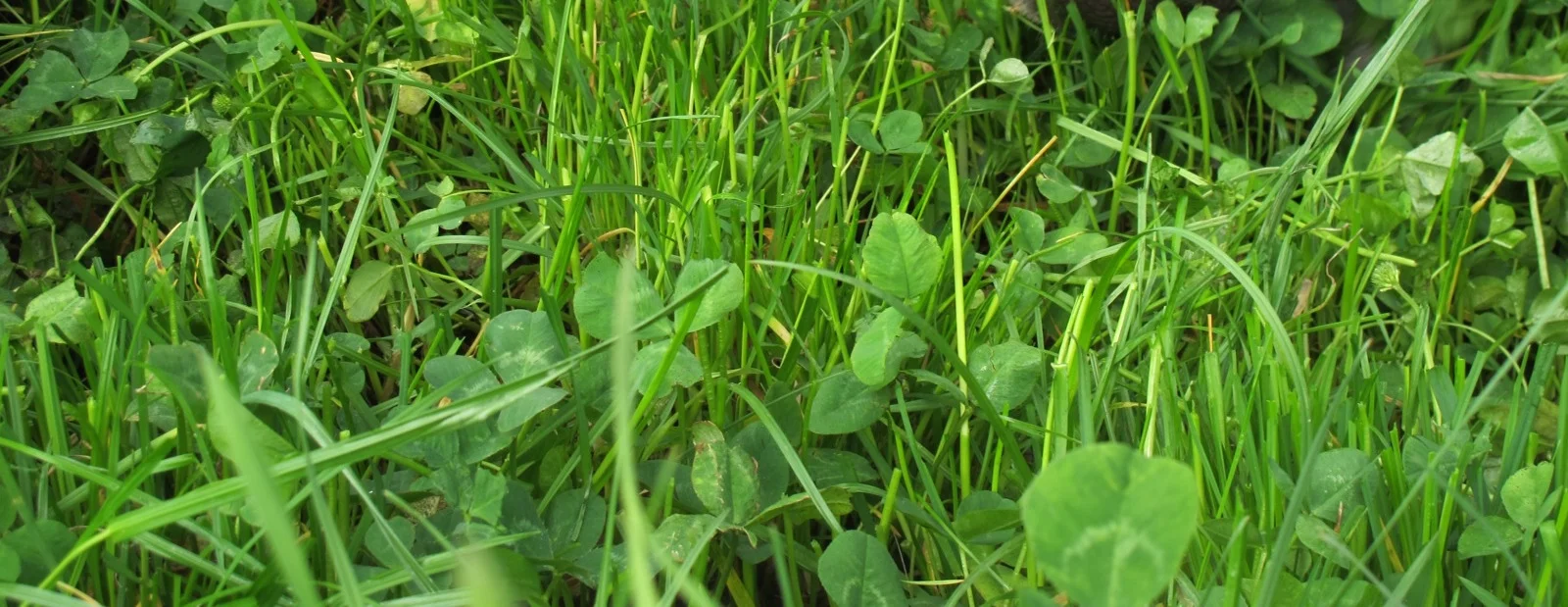On the third of August 2017 the Melbourne Neuroscience Institute had their The extraordinary link between the gut and the brain public lecture event. The Melbourne Neuroscience Institute is a University of Melbourne funded initiative.
"Our gut and brain are linked by an expansive network of neurons, chemicals and hormones that provide feedback about our mood, whether we are hungry, or if we’ve ingested a disease-causing microbe. The relatively new appreciation of how gut health can affect our brains is leading
to a shift within medicine, and specifically a shift towards maintaining and improving healthy gut bacteria. The “brain in your gut” provides us an emerging and remarkable glimpse into the enteric nervous system and its role in regulating brain development and behaviour.
In this seminar, we will look at how diet and nutrition can affect the treatment and prevention of mental disorders, the link between the gut bacteria and various disabilities, and digestive tract disorders."
SPEAKERS
Your Gut-Brain Connection: How, Why and So What?
Amy Loughman Associate Lecturer, Industry Fellow, RMIT University
Changes in gut function in autism
Elisa Hill ARC Future Fellow / RMIT Vice Chancellor's Senior Research Fellow
The gut, the brain and evolving health challenges
John Furness Professor, Digestive physiology and nutrition, University of Melbourne and Florey Institute of Neuroscience and Mental Health




Observations:
The research that Dr. Amy Loughman mentions at time marker 7:17 is of particular interest. It is about the co-evolution in the microbiome, the mutual dependance of microbes and humans and how microbes are affected by what we eat. The study demonstrates that the mice involved were unable to recover the gut microbiome bio-diversity after three generations on a diet depriving their gut bacteria from dietary fibre. Amy questions how the introduction of highly processed, low fibre foods that we've had in our diets since the 1950's can be affecting our health and wellbeing several generations on (more). The study says that bacterial extinction could be in play and this could be affecting the so-called western
diseases. Both Dr. Elisa Hill and Professor John Furness' presentations were fascinating. John describes the gut as the largest vulnerable surface in the body. He says the gut does not know what mixture of nutrients and pathogens it may receive, thus exists in a state of hyper-vigilance. The gut has to learn and adapt from what it receives and communicate that information to the brain. With a timeline for changes in human nutrition he shows why our gut have had a particular challenge to adapt to modern foods.
The entire Q&A is also worth watching because of fascinating questions from the audience.
Catalyst: Gut Reaction
The following episode of Catalyst was on one of the websites recommended by Dr. Amy Loughman for further study.
"Could food be making us sick - very sick? In this two-part special Graham Phillips reveals new research about the interplay between food and the bacteria deep inside our guts.
New research has linked the Western diet to asthma, autism, multiple sclerosis, diabetes, emphysema, cancer, and the list goes on. The reason a healthy diet could be even more important than previously thought is because food affects the bacteria deep inside our guts. Unbeknownst to most of us, we each carry about 1.5 kg of bacteria – that’s trillions of tiny microbes that contribute 100 times as many genes as our genomes do. In the last ten years, a technological revolution means scientists are now beginning to discover just how crucial these microscopic creatures are to our overall health...and what they’re learning is shaking the very foundations of medicine and nutrition (source)."
Related Articles:
Gut and Brain - Speaker 1: Amy Loughman
Gut and Brain - Speaker 2: Elisa Hill
Gut and Brain - Speaker 3: John Furness
Melbourne Neuroscience Institute Website
Loss of microbial gut diversity a threat to health?
Gut Microbiota and the Immune Compromised
Friend or foe? Bacteriological correctness


